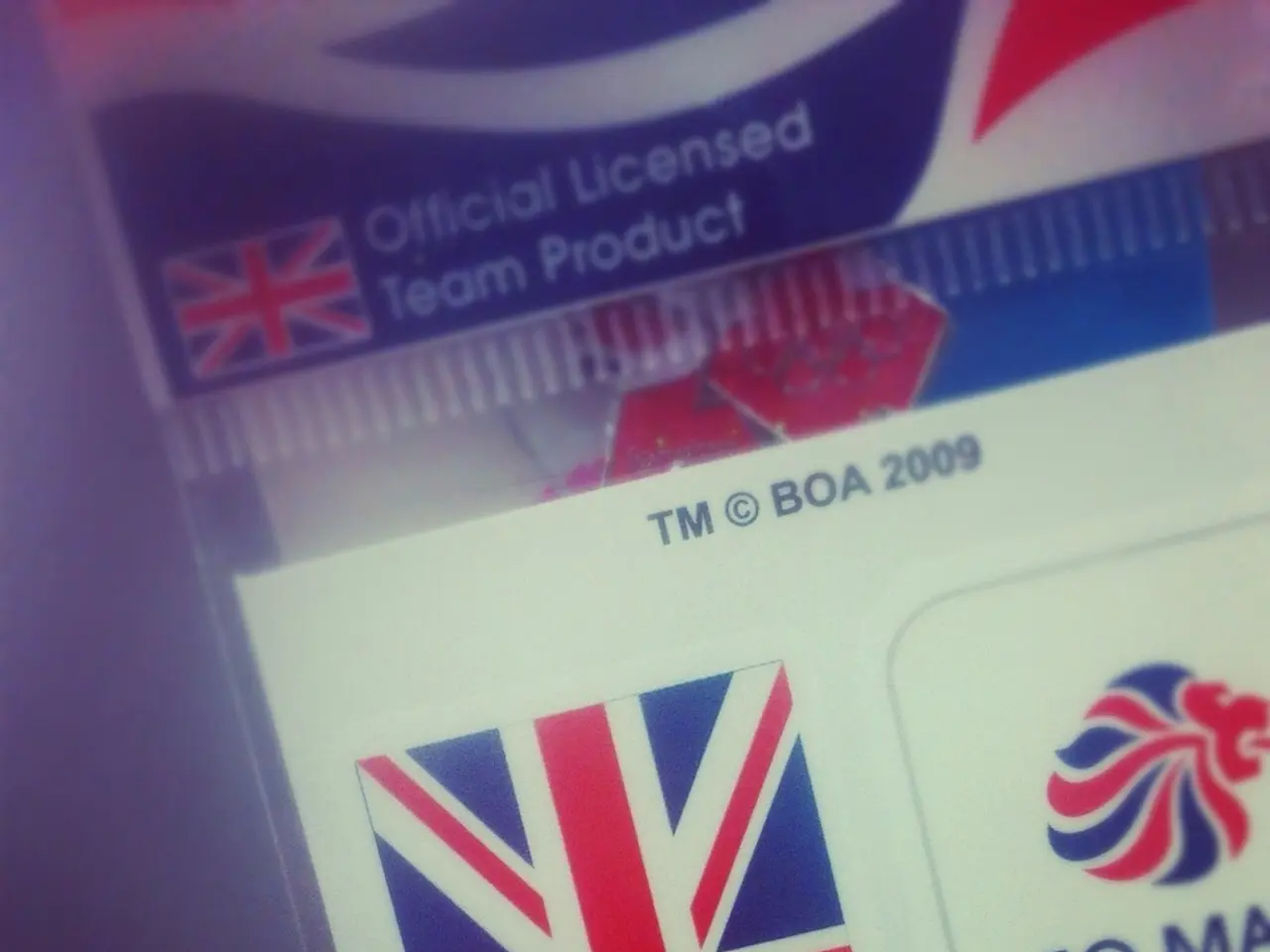The Internal Revenue Service (IRS) plans to revamp its longstanding tax information technology system, which has come under intense examination due to its association with DOGE.
The Internal Revenue Service (IRS) is currently in the process of modernizing its Integrated Data Retrieval System (IDRS), a core tax-processing platform originally developed in the 1970s. This upgrade aims to unify disparate legacy systems into a single, real-time tax processing engine, improving efficiency and data handling capabilities. Major technology firms including Palantir, Amazon Web Services, and Salesforce are contracted to assist with this overhaul.
The modernization remains a priority for fiscal year 2026, as underscored in recent IRS budget requests. The Trump administration's fiscal 2026 budget request indicates IDRS modernization remains a "priority" for the IRS. The modernized IDRS will allow for "national real-time tax processing" and the ability to "establish processes to intercept or claw back erroneous payments."
However, the IRS's modernization and data sharing practices have become contentious. A lawsuit, Center for Taxpayer Rights v. Internal Revenue Service, filed in February 2025 and currently ongoing, challenges the Trump administration's attempt to grant the Department of Government Efficiency (DOGE)—a White House entity led reportedly by Elon Musk—access to IRS systems storing sensitive taxpayer information, including IDRS data. Plaintiffs argue this access violates several laws protecting taxpayer privacy, like the Internal Revenue Code, the Privacy Act of 1974, FISMA, and the Administrative Procedure Act. They contend DOGE's efforts to access IDRS data exceed its legal authority, raising significant privacy and legal concerns.
Regarding data sharing with other federal agencies, the specific involvement of the Department of Homeland Security (DHS) with IDRS data has not been explicitly documented in the recent search results. However, given widespread concerns about broad federal data sharing and surveillance escalated by the IRS modernization and contracts with firms like Palantir, there are apprehensions about increased cross-agency data access. The IRS modernization effort includes integration and interoperability goals that may facilitate such sharing in the future, but the exact current or planned extent of data access by DHS is not clarified in available sources.
In terms of data access within the IRS, strict controls are in place. Employees with IDRS access are prohibited from looking up their own taxpayer account or those of their associates. IDRS users are only authorized to access accounts necessary for their official duties. The IRS has also faced challenges in finding employees who can work with the outdated COBOL programming language used by IDRS.
The modernized IDRS is expected to make it easier for employees to retrieve taxpayer records. IDRS is a massive clearinghouse of taxpayer data, allowing IRS employees to review tax information and send tax notices, as well as enabling taxpayers to track their refund check status. Once the migration is complete, the IRS plans to decommission legacy mainframe systems and retire legacy applications "once modern processes replicate the legacy outputs."
Former IRS Commissioner Danny Werfel stated that IDRS modernization was in the works under his leadership as part of Taxpayer 360. The IRS is also sharing sensitive data with officials from the Department of Government Efficiency (DOGE) and immigration officials at the Department of Homeland Security. However, the details of this data sharing remain unclear, and transparency is needed to understand the risks of data sharing and to ensure mitigators are in place.
References: [1] Internal Revenue Service. (n.d.). Modernizing the IRS. Retrieved from https://www.irs.gov/modernization [2] IRS Modernization. (n.d.). Retrieved from https://www.treasury.gov/irs/irs-modernization/ [3] IRS Modernization. (n.d.). Retrieved from https://www.whitehouse.gov/irs-modernization/ [4] Center for Taxpayer Rights v. Internal Revenue Service. (2025). Retrieved from https://www.courthousenews.com/taxpayer-group-sues-irs-over-elon-musks-access-to-irs-data/ [5] IRS Modernization Budget Request. (2026). Retrieved from https://www.treasury.gov/irs/irs-modernization/budget-request/
- The modernization of the Integrated Data Retrieval System (IDRS) by the IRS, a key aspect of data-and-cloud-computing technology, is a focus point in policy-and-legislation discussions, given concerns about data-sharing with entities like the Department of Government Efficiency (DOGE) and the Department of Homeland Security (DHS), as reflected in the ongoing lawsuit Center for Taxpayer Rights v. Internal Revenue Service and the IRS Modernization Budget Request for fiscal year 2026.
- The IRS modernization, involving major players in technology like Palantir, Amazon Web Services, and Salesforce, generates much general-news coverage due to its potential impacts on privacy, technology, and politics, as highlighted by issues such as the debate over the access of sensitive taxpayer information, the challenges in finding employees who can work with the outdated programming language used by IDRS, and the integration and interoperability goals that may lead to increased cross-agency data access.




